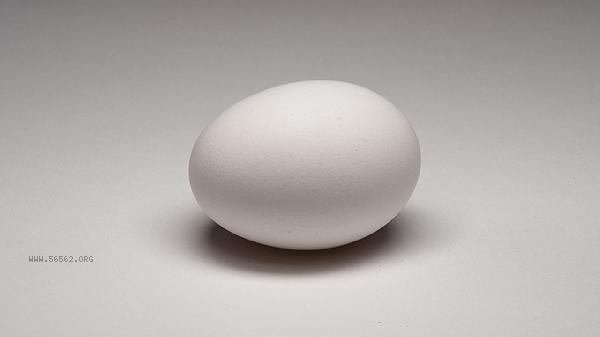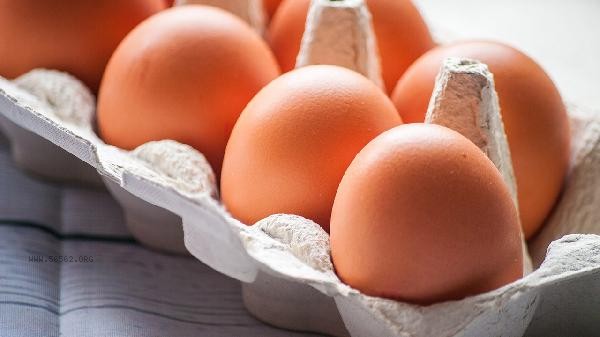The best ways to consume nutritious eggs are boiled eggs, steamed eggs, fried eggs, scrambled eggs, and poached eggs.

1. Boiled eggs
Boiled eggs can maximize the retention of protein and vitamins, and the lecithin in the yolk is not easily oxidized. Boil in cold water and reduce heat to low for 8-10 minutes. At this point, the egg yolk has just solidified and is free of Salmonella. The cooking process does not damage the eggshell, which can reduce nutrient loss and is suitable as a source of breakfast protein. For those with weak gastrointestinal function, it is recommended to crush the egg yolk before consumption.
2. Steamed eggs
Steam heating makes protein easier to digest and absorb, suitable for the elderly and postoperative recovery population. When steaming, add 1.5 times warm water, stir and filter. Steam over medium heat for 10 minutes, then turn off the heat and let it simmer for 2 minutes. The surface should be smooth and free of pores. Can be paired with shrimp and shiitake mushrooms to improve amino acid utilization, but gout patients need to control the amount of seafood added.
3. Fry fried eggs
in a non stick pan with low oil and low heat on one side. After the egg whites have solidified, cover with a small amount of water and let it simmer for 1 minute. This method reduces oil intake while retaining vitamin D, and increases the bioavailability of lutein in egg yolks. Controlling the oil temperature to no more than 160 degrees Celsius can prevent cholesterol oxidation, and it is healthier to eat it with whole wheat bread.

4. Stir fry eggs quickly over medium heat until they have just solidified. Turn off the heat and heat the remaining heat to maintain a tender and smooth texture. Adding milk or soybean milk can increase protein complementation, but lactose intolerant people are advised to use water instead. Paired with tomatoes can promote iron absorption, and patients with cholecystitis should reduce their oil consumption.
5. Boil the poached egg
water, turn down the heat and put in the egg. Gently push the egg white with a spoon until it sets. This low-temperature cooking method reduces the loss of vitamin B12, and the soft state is conducive to the absorption of fat soluble vitamins. Pairing with spinach can increase the utilization of iron, but pregnant women and infants need to ensure that the egg yolks are fully cooked. The effect of different cooking methods on the nutrition of eggs is mainly related to heating temperature and time. Boiling and steaming can retain water-soluble vitamins, while frying can improve the bioavailability of fat soluble nutrients. It is recommended that healthy individuals consume 3-6 whole eggs per week, and those with hypercholesterolemia should reduce their egg yolk intake appropriately. Eating vegetables and fruits rich in vitamin C can help absorb iron. Avoid eating with strong tea and persimmons to avoid affecting protein digestion. When storing, be sure to refrigerate and consume within a week. Special populations should adjust their cooking methods and consumption levels according to their own health conditions, and consult a nutritionist if necessary to develop personalized plans.










Comments (0)
Leave a Comment
No comments yet
Be the first to share your thoughts!